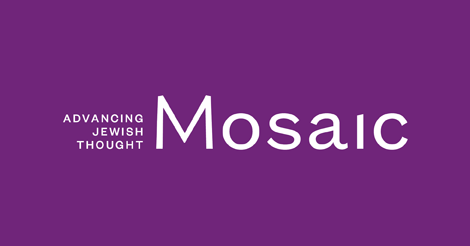
Ten years ago, it seemed to Steven A. Cook that the world’s second most populous nation had little interest in the Middle East. Important economic relationships—not least the purchase of oil—bound India to the region, but the country’s rulers paid little attention to its geopolitics. Now all that has changed, writes Cook:
India-Israel ties are perhaps the most well-developed of New Delhi’s relations in the region. . . . Israel was among India’s top-three arms suppliers in 2021, and recent Indian news reports indicate that the two countries are exploring the coproduction of weapons systems. Also in the past, India’s business community shied away from investing in Israel, given the country’s small market and controversial politics (to many in India), but that may be changing.
When it comes to the Persian Gulf, the United Arab Emirates and Saudi Arabia are aggressively seeking ways to expand relations with India. It is a significant shift because both countries, but particularly the latter, have long aligned with Pakistan. The pivot to India stems in part from a common interest in containing Islamist extremism, but much of the pull is economic. . . . The Indians and Emiratis have also developed their ties through what in Washington is called I2U2—a grouping of Israel, India, the UAE, and the United States—which seeks to leverage the combined technological know-how and private capital to address alternative energy, agriculture, trade, infrastructure development, and more.
It is tempting for U.S. policymakers and analysts to view India’s growing role in the region through the prism of great-power competition with China. [Yet] it seems unlikely that New Delhi wants to be the strategic partner that Washington imagines. The kind of relationship some in Washington seem to have in mind is not a natural place for India. . . . And when it comes to the Middle East, India diverges sharply from the United States (and Israel) on Iran.
If the United States’ Middle Eastern partners are looking for an alternative to Washington, it is better that New Delhi is among the choices. The United States may no longer be the undisputed big dog in the region, but as long as India expands its presence in the Middle East, neither Russia nor China can assume that role.
This post was originally published on this site be sure to check out more of their content.








